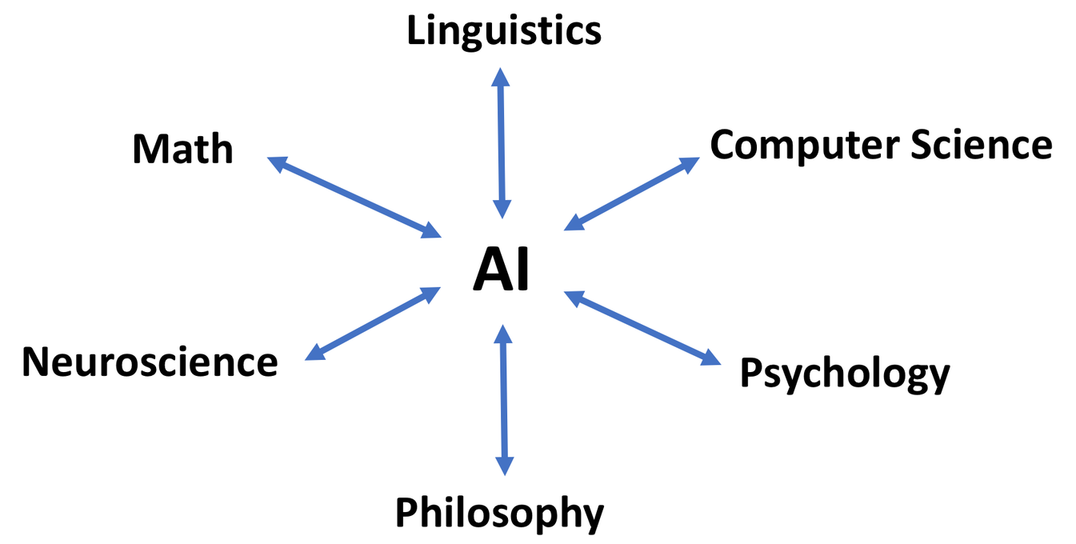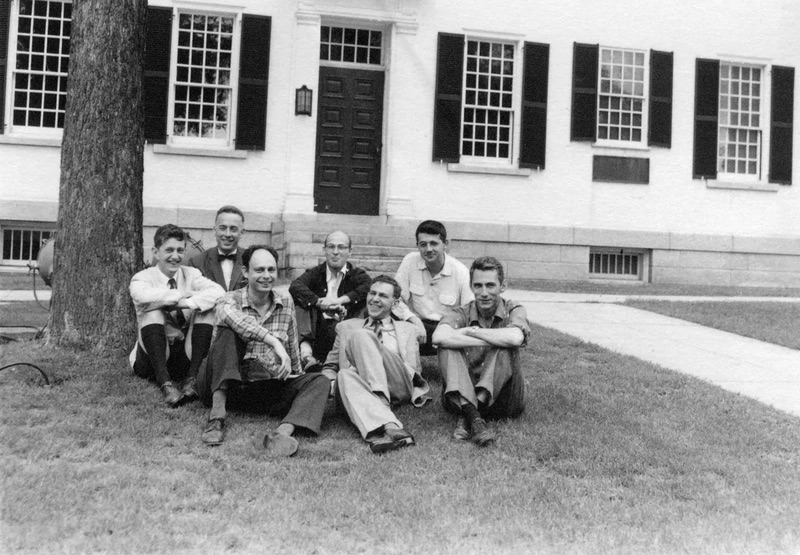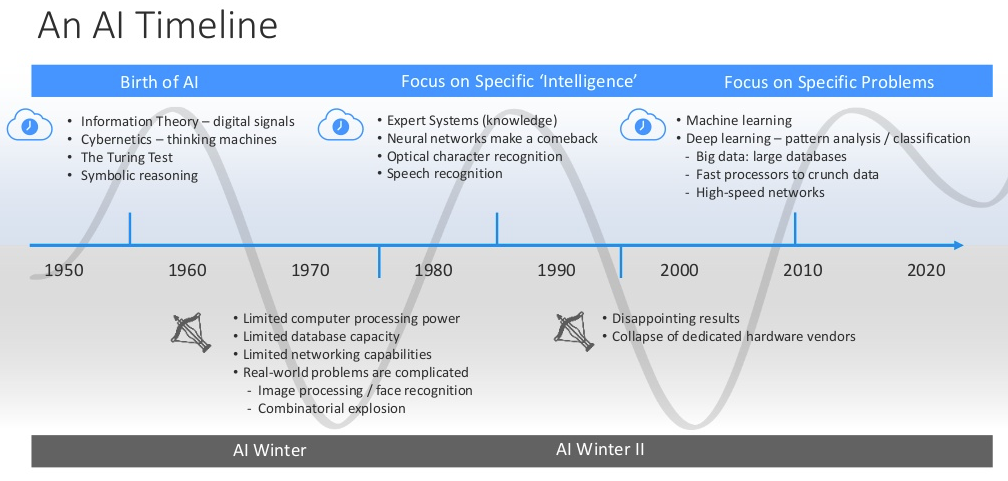About Artificial Intelligence#
A recent discipline#
Attended by many brilliant minds of the era, the 1956 Dartmouth workshop on Artificial Intelligence is widely considered the event that kicked off AI as a research discipline.
The original ambition of AI#
“AI is the science and engineering of making intelligent machines.” (John McCarthy)
“Every aspect of learning or any other feature of intelligence can in principle be so precisely described that a machine can be made to simulate it.” (Dartmouth Workshop, 1956)
“AI is the science of making machines do things that would require intelligence if done by men.” (Marvin Minsky)
A technical definition of AI#
“AI refers to systems that display intelligent behavior by analysing their environment and taking actions - with some degree of autonomy - to achieve specific goals.” (European Commission, 2018)
AI systems can be either:
Purely software-based (e.g. voice assistants, search engines, face recognition systems).
Embedded in hardware devices (e.g. robots, autonomous cars, drones).
Main areas of research#
Problem solving (e.g. search algorithms, constraint solving).
Reasoning and decision making (e.g. logic, knowledge representation).
Machine Learning (e.g. systems that improve with experience).
Real-world interactions (e.g. computer vision, natural language understanding, robotics).
AI as a moving target#
As soon as AI successfully solves a problem, the problem is no longer considered a part of AI.
The tumultuous history of AI#
A highly interdisciplinary field#

The different flavours of AI#
Substitutive intelligence: replacement of men by machines on specific tasks.
Augmented intelligence: human-centered AI for performance augmentation or autonomy enhancement.
Hybrid intelligence: human-machine collaboration on complex tasks.
A broader definition of AI#
“AI is an interdisciplinary field aiming at understanding and imitating the mechanisms of cognition and reasoning, in order to assist or substitute humans in their activities.” (Commission d’enrichissement de la langue française, 2018)


